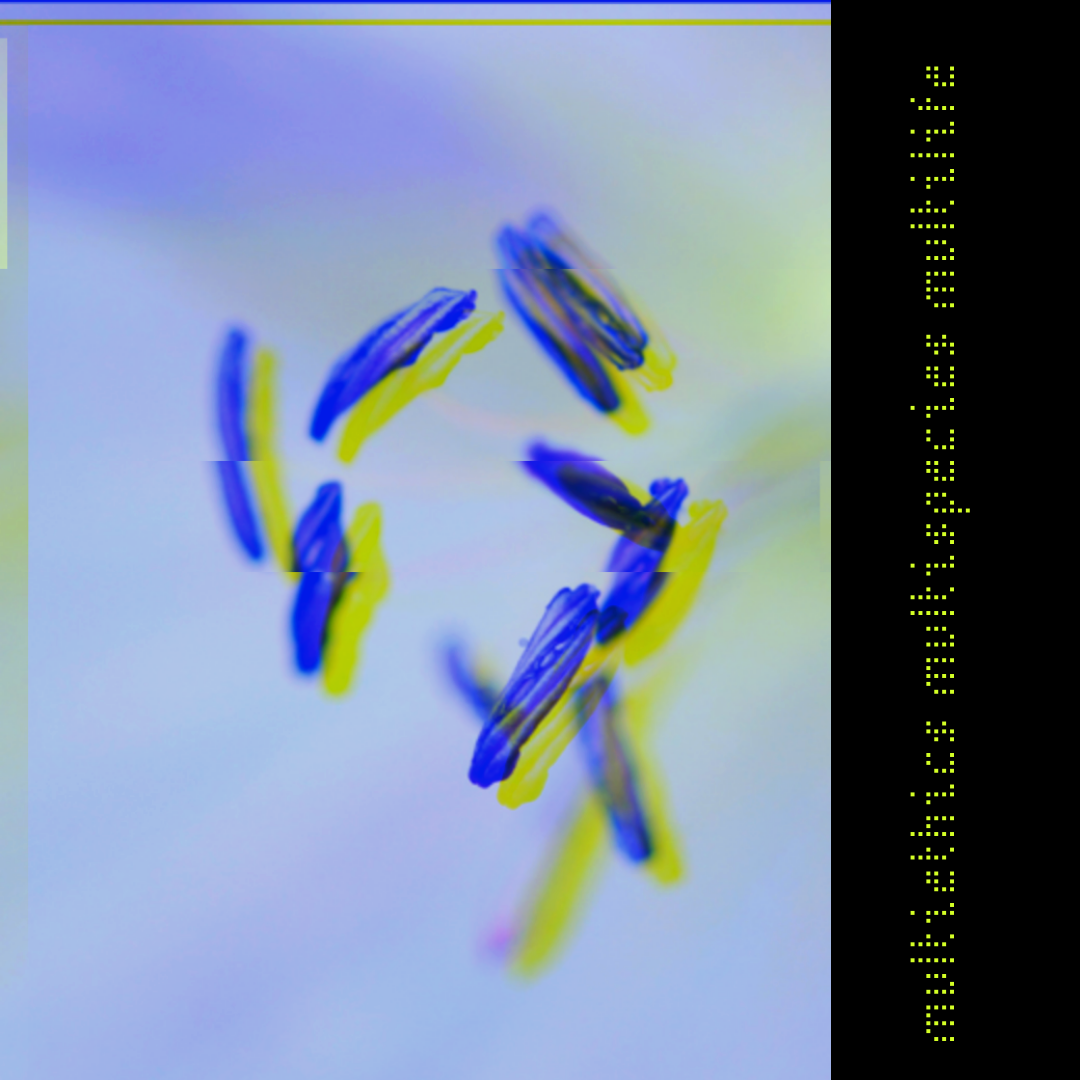
Angela Patten
Artist Statement: Talking & Listening to Plants
I grew up in a cul-de-sac of small, identical-looking houses in south County Dublin, Ireland. Each house had a small front garden and a bigger back garden space. Because all the houses were rented, few people bothered to plant a garden. My father was the exception. The backyards were mostly a jungle of weeds, wildflowers and stinging nettles, but ours was an oasis of fruits, flowers and vegetables. My father grew strawberries, raspberries and bitter loganberries that my mother turned into homemade jam. There were cabbages, tomatoes and purple-sprouting broccoli. Most spectacular of all were the rows of dahlias and chrysanthemums, fragrant sweet pea and perfumed roses that I watched him turn into lavish bouquets for our aunts and the nuns at school.
My father considered gardening a man’s job so I never attempted to grow anything until many years later when I moved to the U.S. Daniel, the man I met and later married, longed for a reclusive country life so we found a log house on thirty-two acres of woodland in rural Vermont where we lived for thirteen years. I was not suited to isolation with a hermit and I am sorry to say that I complained terribly during the first few years. I felt trapped by the woods and I missed the expansiveness and light of the Irish Sea. I was an auslander, fighting the houseplants for oxygen and a place at the window.
We did eventually take down some of the trees to let in more light, and I learned to recognize and take delight in all the birds and animals that came to our feeders and emerged from the woods to visit our pond. There was the Rose-Breasted Grosbeak and the Barred Owl as well as deer, bears, ermine, snakes and porcupines. That first year, a woodchuck ate all my basil, and a mink devoured all the goldfish in the pond. Moles and voles dug tunnels through the garden and deer browsed the vegetables we tried to grow. Daniel preferred flowers to food so we yielded control to nature. But we never tired of those visitations from the non-human world.
We moved into town when Daniel decided he was too old to split wood, plow snow and sand the driveway by hand. I miss our old home and I can still picture the spot at the bottom of a tree where the Painted Trillium bloomed every Spring, and the secret places where the Pink Lady Slippers emerged in July.
We now live in a small condominium in the South End of Burlington where I have planted a pollinator garden just beyond the back deck. It is a far cry from my father’s backyard garden. Two huge willow trees create a green curtain between us and the neighbors and a strip of nearby woods provides shelter for cardinals, nuthatches, goldfinches and chickadees. I planted another garden at the edge of the woods with cardinal flowers for the hummingbirds and sedum for the bees and butterflies. We sit out there most evenings to take our ease.
A few years ago, I bought a lightweight kayak and I love to go out alone to the river where I never fail to see herons and egrets fishing for supper, and sometimes beavers and muskrats parting the water in front of my boat. I can glide past rows of turtles sunning themselves on logs without making a sound. I am learning to look, listen and sometimes describe in poetry the sensorium in which I live.
ANGELA PATTEN’s publications include four poetry collections, most recently The Oriole & the Ovenbird (Kelsay 2021). Winner of the 2022 Anthony Cronin International Short Poem Award, her work has been widely published in literary journals and anthologies, among them The Field Day Anthology of Irish Writing; The White Page/An Bhileog Bhan: Twentieth-Century Irish Women Poets; and Cudovista Usta (Marvellous Mouth), Drustvo Apokalipsa (Slovenia). Born and raised in Dublin, Ireland, she now lives in Burlington, Vermont.

